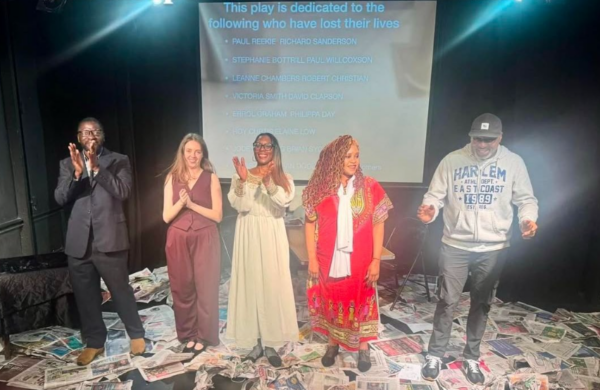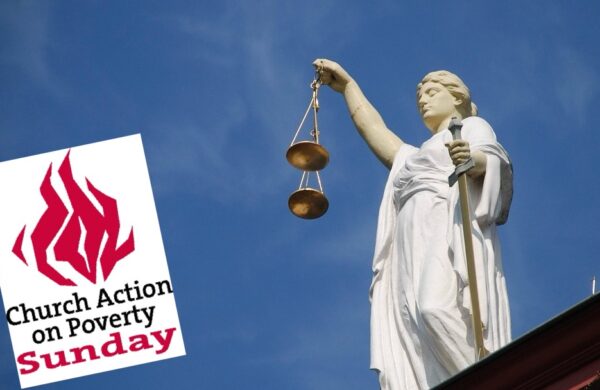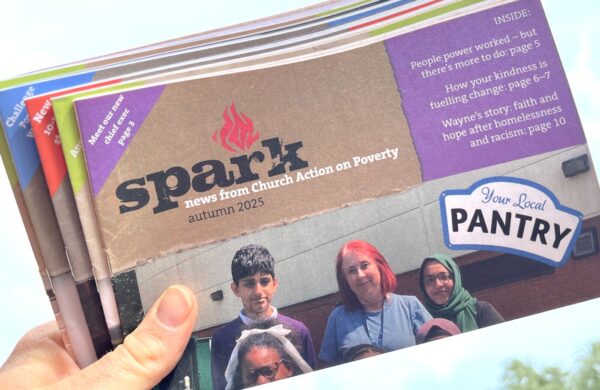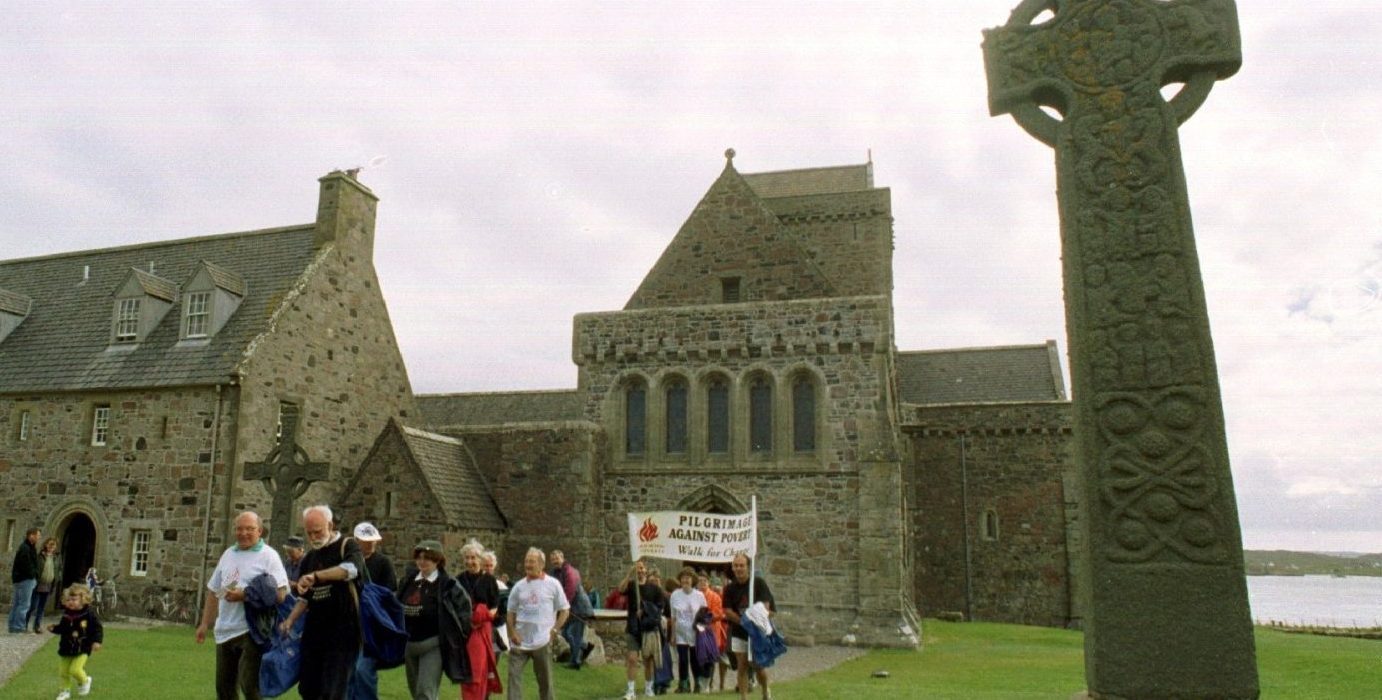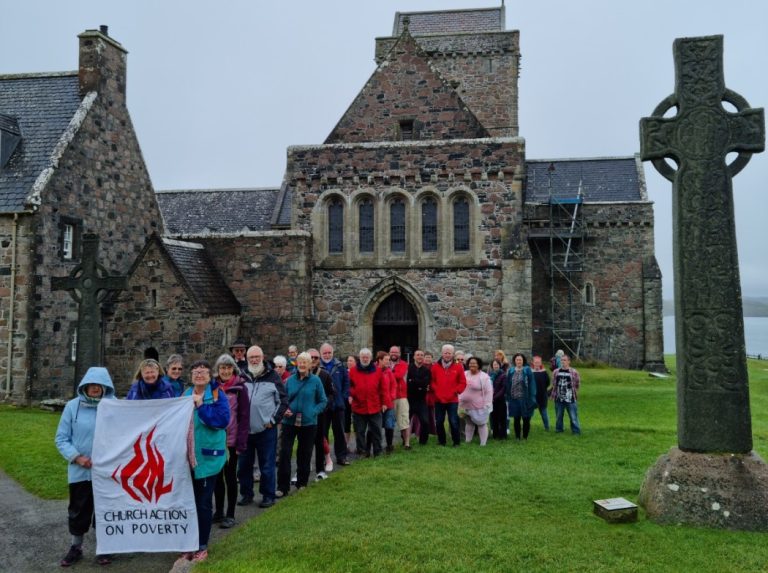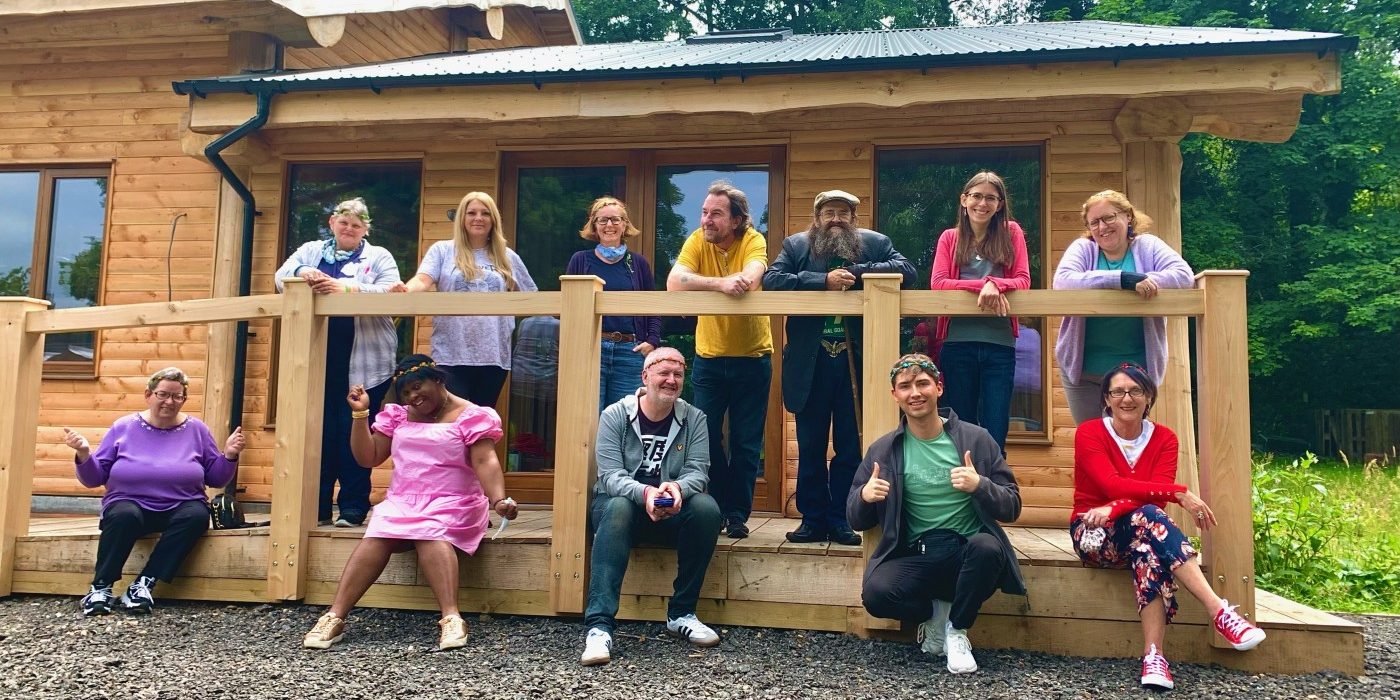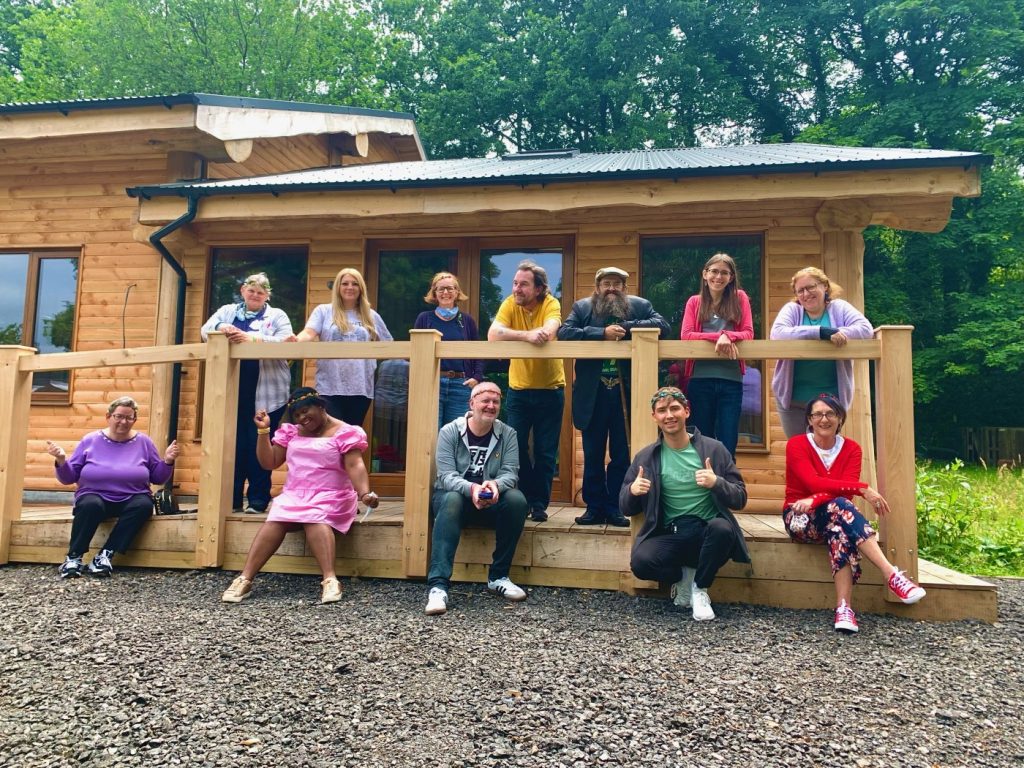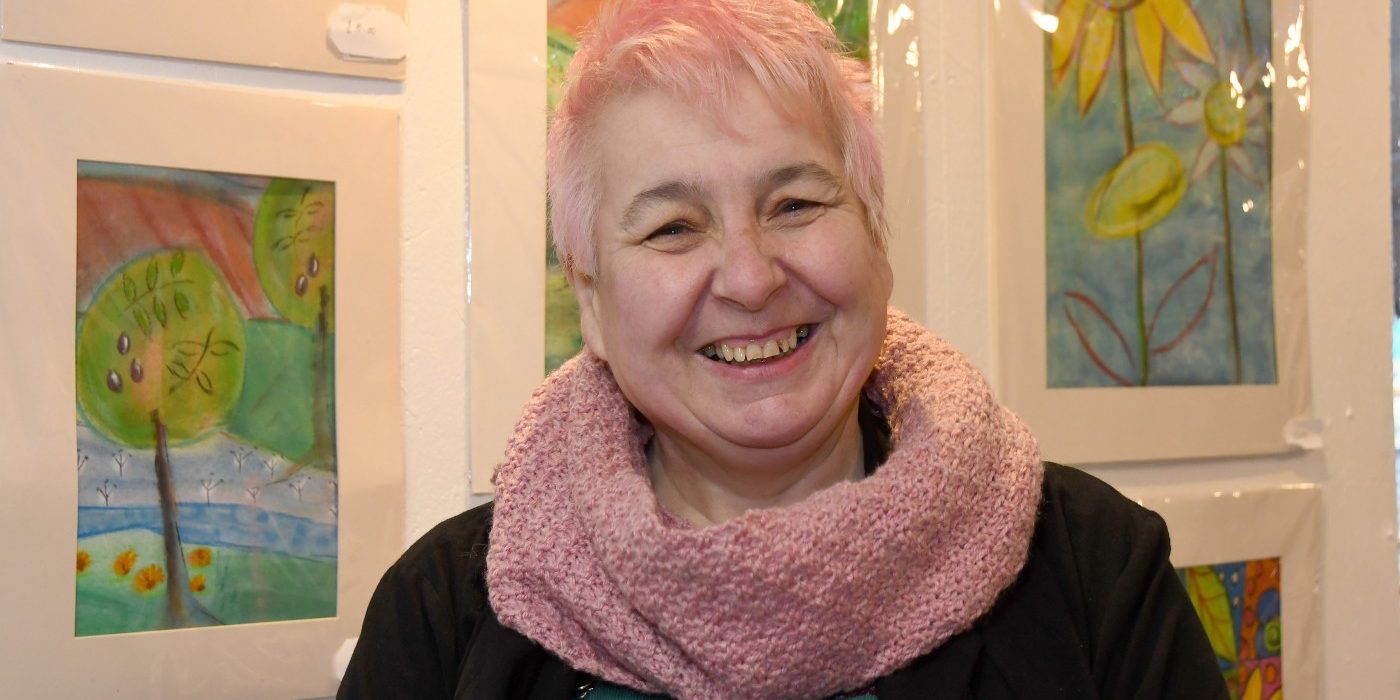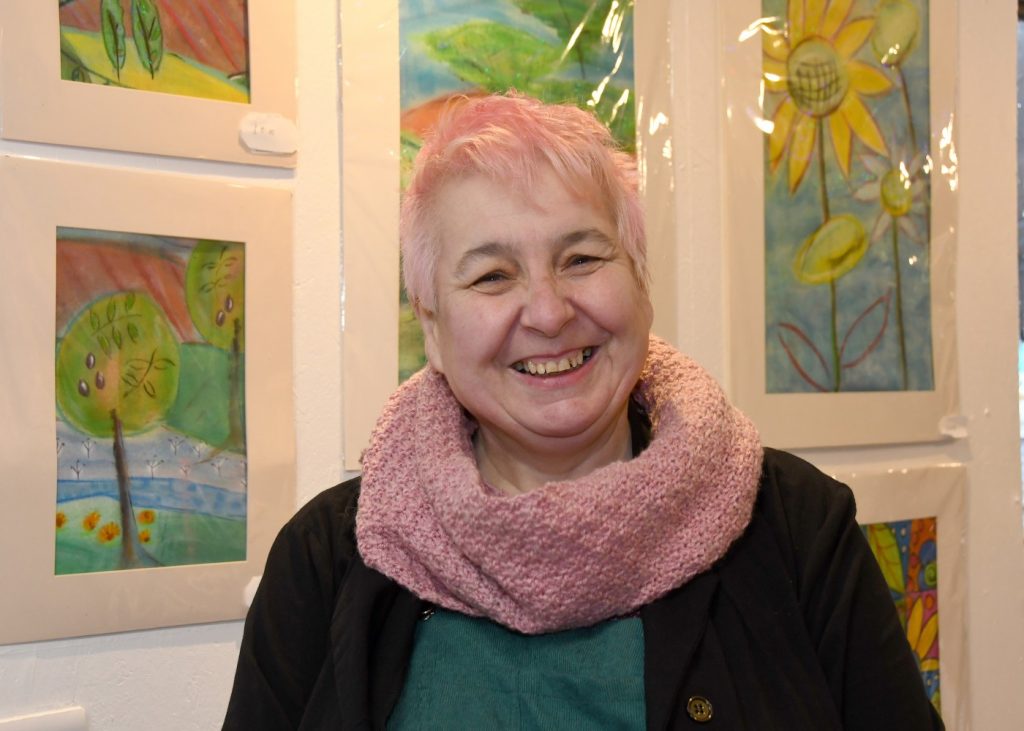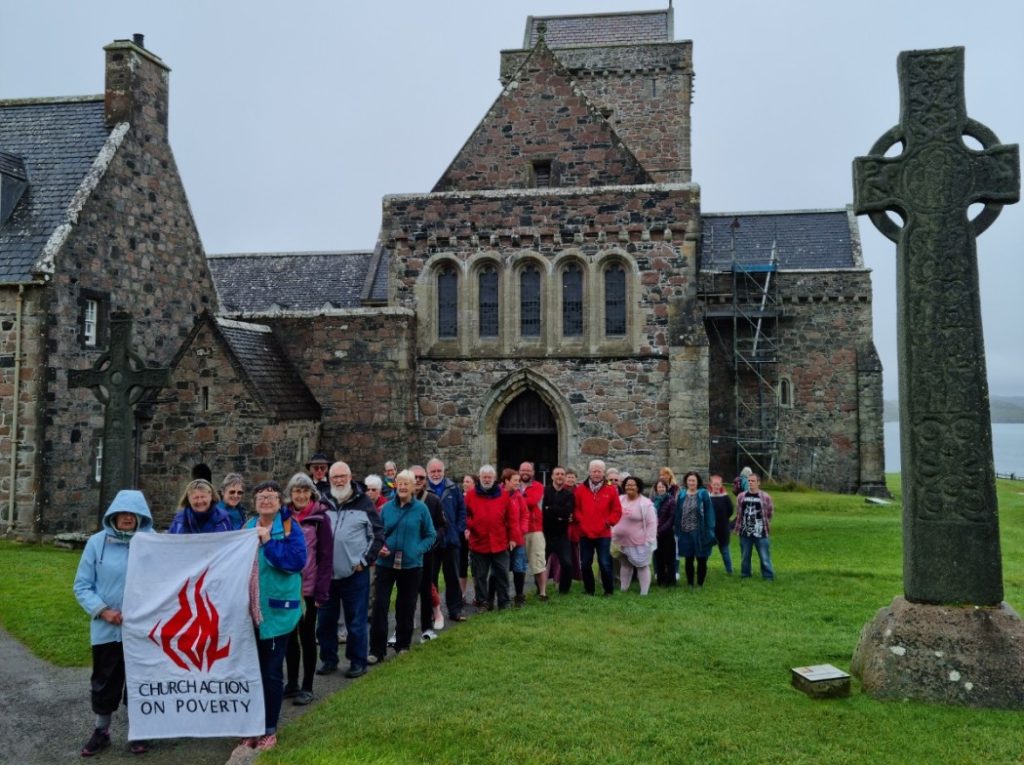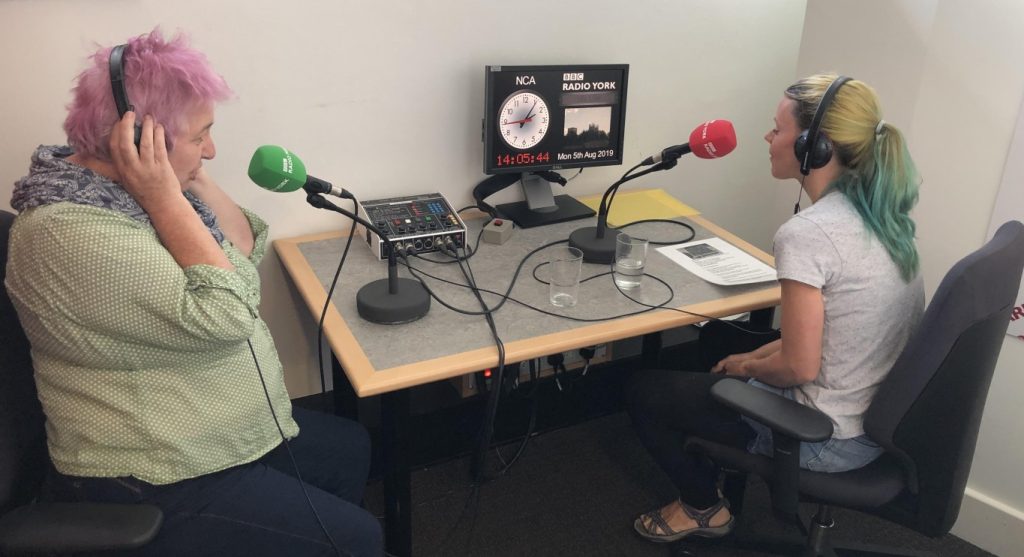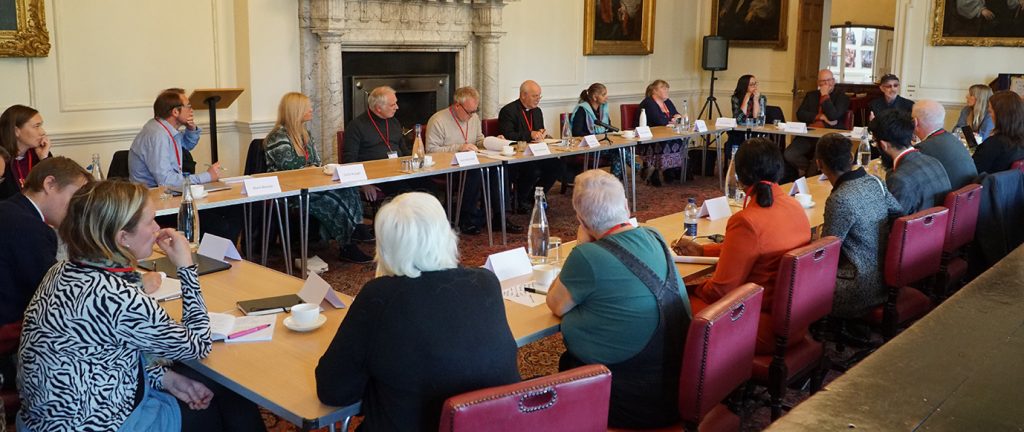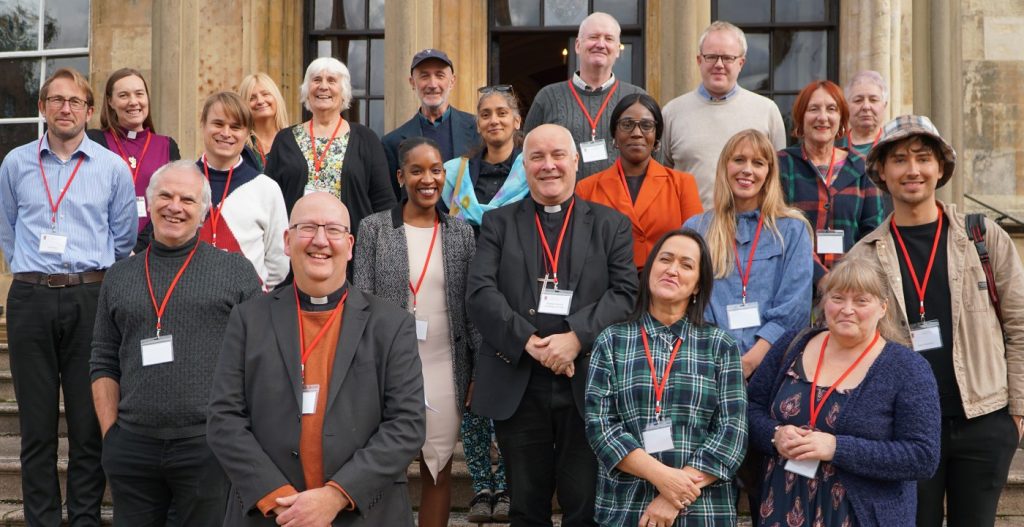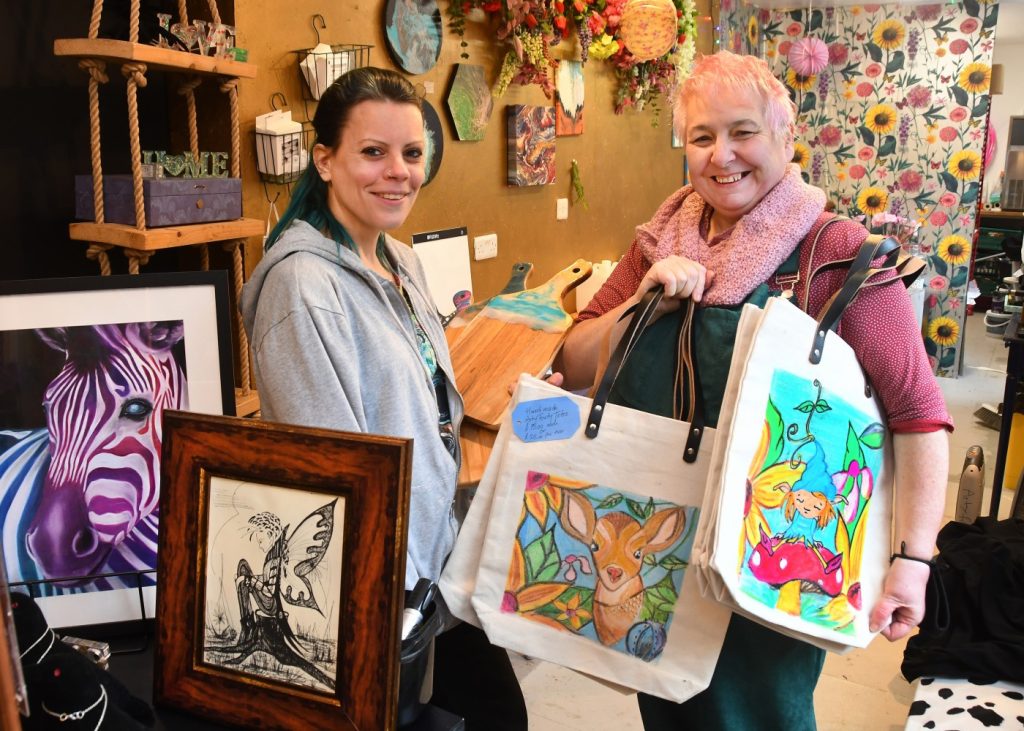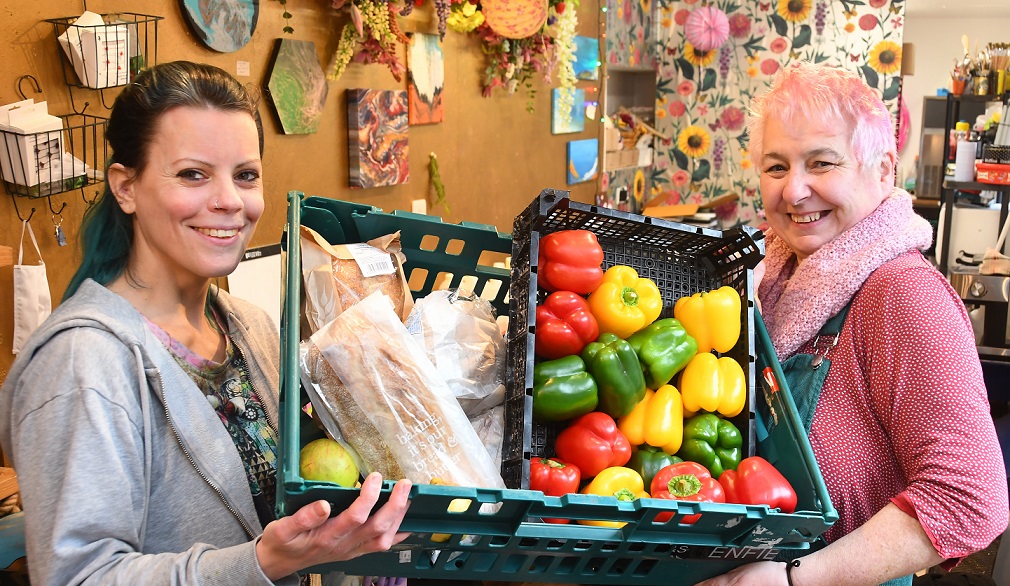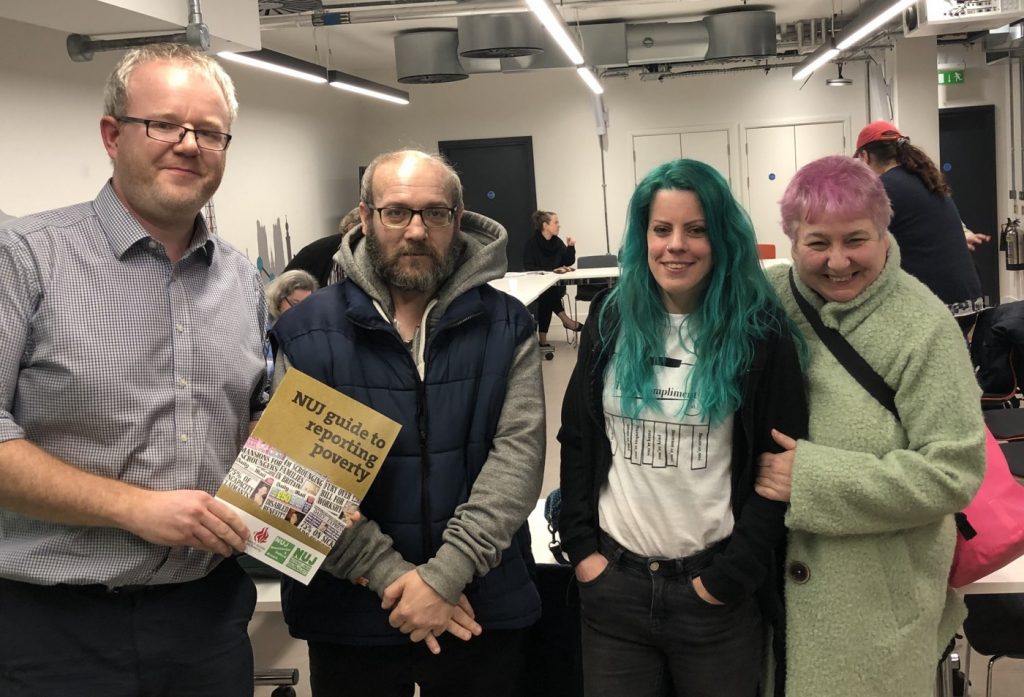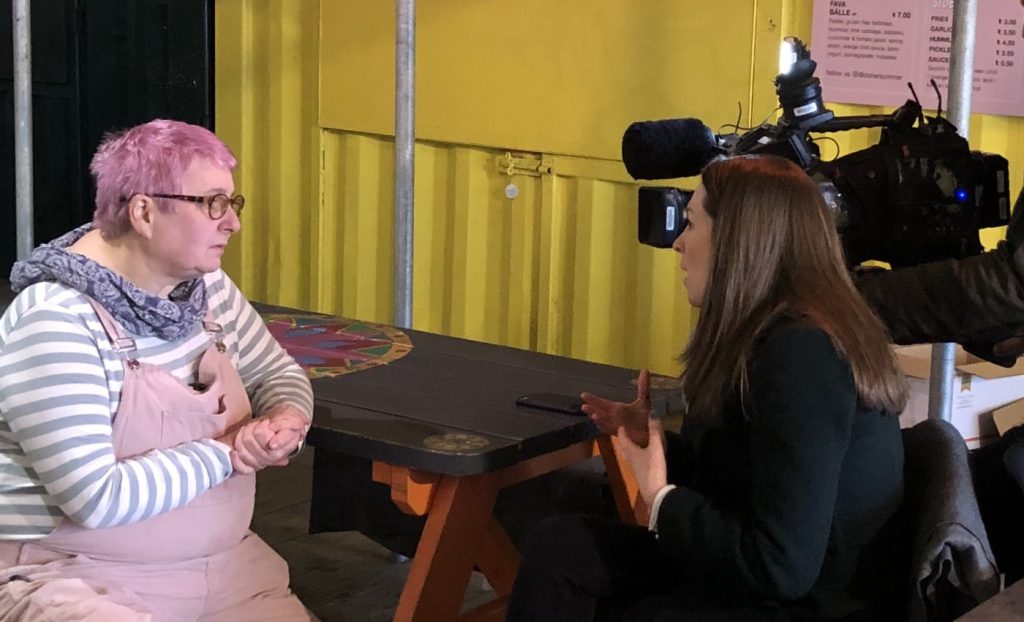The Joint Public Issues Team (JPIT) is a partnership between the Baptist Union of Great Britain, the Methodist Church and the United Reformed Church, with the Church of Scotland as an associate member. The purpose of JPIT is to help the Churches to work together on issues of peace and justice.
JPIT works to amplify the voice of our denominations in the public sphere, as well as supporting local churches to engage with the public issues that matter to them. We help members of our churches, church leaders and other people passionate about using their heart for justice to take practical actions for change. We do this through listening, learning, praying, speaking and acting on public policy issues.
We have two podcast series – 10 Minutes on – which features short discussions of topical issues and Politics in the Pulpit which equips Ministers and worship leaders to unpack justice and peace issues in their weekly services.
Our team’s work is built around six hopes for society, stemming from our shared faith in what God promises for all creation. These six hopes are for:
· A just economy that enables the flourishing of all life
· A society where the poorest and most marginalised are at the centre
· A world that actively works for peace
· A planet where our environment is renewed
· A society that welcomes the stranger
· A politics characterised by listening, kindness and truthfulness
Whilst they don’t define every area of justice our denominations and members care about, these six hopes help us to focus our work together. By working together in these areas, we seek to have the most transformative impact we can as we speak truth to power together.
We’re delighted to be working alongside the APLE collective and Church Action on Poverty to engage with our hope to see ‘a society where the poorest and most marginalised are at the centre’. We recognise that there’s significant injustice in the way that the systems of society are built against people on the margins whilst giving advantages to the most powerful. It’s going to take all of us to change this – at a local, national and international level. This means transformation which brings people at the margins of decision making into the centre – so that people who are experts by their experience of poverty have agency in creating change for good. As a team, our work on poverty and inequality concentrates on some of the UK’s biggest current challenges, such as the cost of living crisis, the housing
crisis and reform to the welfare system.
We’ve written briefings on poverty and inequality, supported campaigns for an Essentials Guarantee and free school meals and signed an open letter to the government asking for everyone to get #EnoughToLive. In a rich country like the UK, poverty and inequality are a political and moral choice. We desperately want to see real political change where those who have the least are elevated to the centre of our society – creating a new system which enables the flourishing of all

